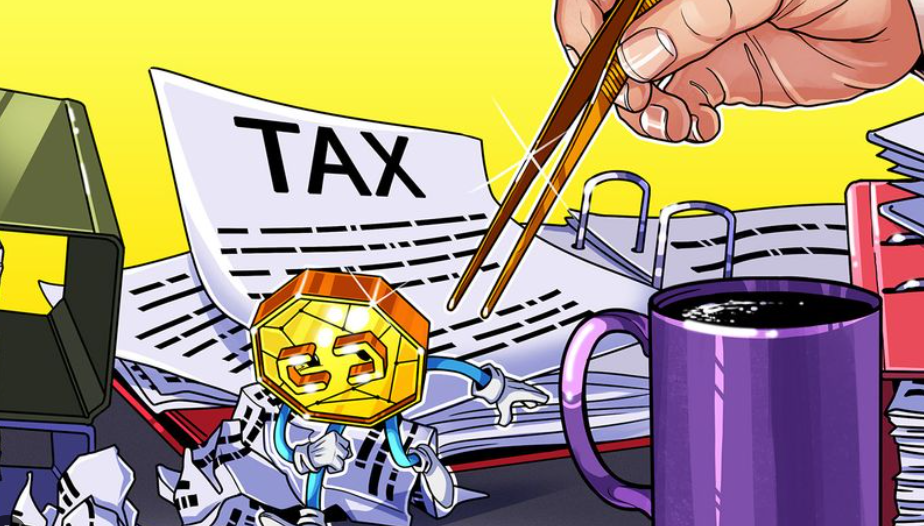The Indian government is expanding its crackdown on overseas cryptocurrency exchanges, taking formal action to block people in the country from accessing their websites.
According to the latest announcement issued by India’s Financial Intelligence Unit (FIU), the agency has issued 9 overseas digital asset service providers, including: Binance, KuCoin, Huobi, Kraken, Gate.io, Bittrex, Bitstamp, MEXC Global and Bitfinex issued a compliance show-cause notice (also known as a cause notice), accusing it of failing to comply with Indian anti-money laundering regulations (PML) and engaging in illegal operations in India. The FIU stated that it has written to the Ministry of Electronics and Information Technology requesting the blocking of the above-mentioned nine cryptocurrency exchanges.

The agency explained that Virtual Digital Asset Service Providers (VDASPs) have been included in the scope of the Anti-Money Laundering/Terrorist Financing (AML-CFT) framework in March 2023 in accordance with the provisions of the Anti-Money Laundering Act.
Based on this regulation, digital asset service providers operating in India, whether within or outside India, must comply with a series of regulatory requirements, such as registering as a "reporting entity" with the FIU and complying with the Anti-Money Laundering Act of 2002 The regulations outlined in , including performing KYC identity verification for new accounts.
The announcement reads: “So far, 31 VDASPs have been registered with FIU. However, some offshore entities, although catering to a large segment of Indian users, are not registered and are subject to Anti-Money Laundering (AML) and Counter-Terrorism Financing ( CFT) framework."

At present, the Indian government has not explained whether it will take other measures besides blocking the URLs of these nine companies. This is also the first time that India has blocked encryption entities. The Indian government's unprecedented law enforcement action against cryptocurrencies reflects that the country is raising a blockade and trying to prevent people from turning to offshore exchanges.
In fact, the country ranks first in Chainalysis' 2023 Global Cryptocurrency Adoption Index, and India is also the world's second-largest market after the United States in terms of raw transaction volume, which shows how popular cryptocurrencies are in India.
However, India passed a highly controversial cryptocurrency taxation bill in March last year, stipulating that from April 1, 2022, the government will levy a 30% tax on capital gains from cryptocurrency transactions, and from July 1 Since then, it has also been stipulated that as long as you buy or sell cryptocurrencies, you must pay a 1% tax deducted at source (TDS) and a crypto gift tax.
It is understood that TDS (Tax Deduction at Source) requires operators or service providers to withhold the amount during the transaction and then pay it to the government on behalf of the user. In addition, the tax policy also prohibits users from deducting profits and losses, and treats cryptocurrencies differently from investment commodities such as "stocks and bonds."

Since the bill came into effect, the trading volume of local exchanges has evaporated significantly. Indian crypto exchange CoinDCX said that more than a year after the implementation of the new tax system, 95% of Indian trading volume has flowed to overseas platforms, and it is difficult for local officials to monitor these platforms.
The Indian think tank Esya Center also released a report last month stating that India’s new tax system has forced as many as 5 million cryptocurrency investors to move their transactions overseas, and more than US$3.8 billion in trading volume has also flowed from local Indian exchanges to international markets. trading market, and since the implementation of the TDS tax system, the government has also lost approximately US$420 million in potential tax revenue. Therefore, it is recommended that the government should reduce the TDS tax amount from the existing 1% to 0.01% to alleviate this phenomenon.
Not only that, the Ministry of Electronics and Information Technology will retain documents proving the identity of its customers and beneficial owners, as well as account documents and business correspondence related to the customers. This is undoubtedly a departure from the decentralized view that the encryption industry has always held.
Summarize
Overall, the Indian government’s blockade of the cryptocurrency industry has sparked widespread concern and discussion. In this field full of changes and innovations, the government should maintain an open attitude, actively listen to the voices and opinions of all parties, and make corresponding adjustments according to market developments and changes. A flexible and transparent regulatory environment will help build trust and provide a stable development environment for compliant businesses and investors.
